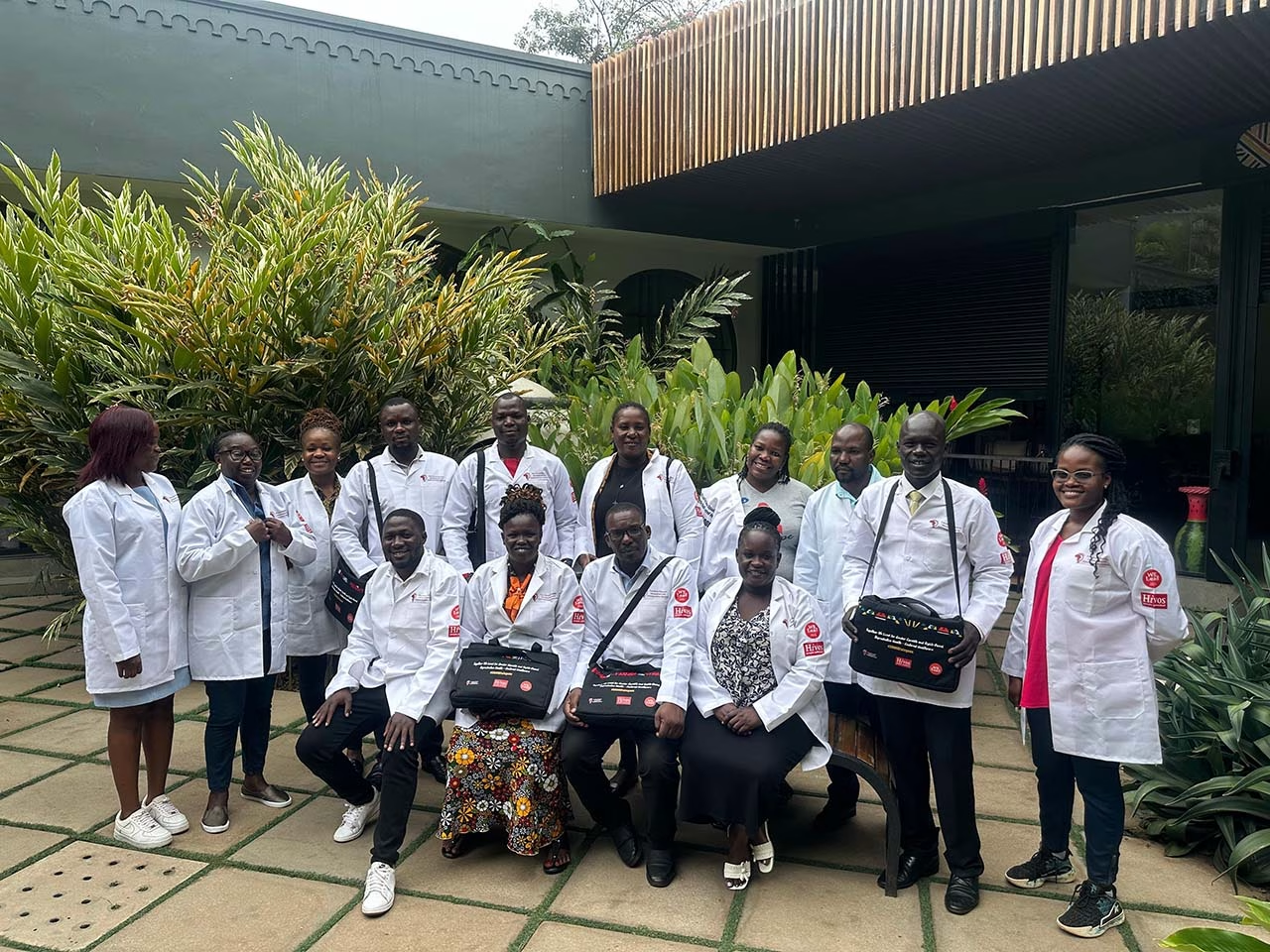
Empowering Healthcare Providers for Inclusive, Adolescent-Friendly Reproductive Health Services: Reflections from the 2024 We Lead Uganda Training
In October 2024, healthcare providers across Uganda came together in Kampala for an inspiring four-day training event organized by FEMNET under the We Lead Consortium. The event aimed to redefine reproductive and sexual health services for young people, focusing on inclusivity, empathy, and a commitment to meeting the diverse needs of adolescents.
Through collaborative discussions, practical sessions, and open dialogue, participants explored the barriers Uganda’s young people face in accessing essential healthcare services. The emphasis on Value Clarification and Attitude Transformation (VCAT) led to meaningful conversations about how deeply held beliefs and biases shape healthcare experiences and access. Providers engaged with stories and scenarios that encouraged them to reflect on how unconscious attitudes may affect the quality of care they provide to diverse groups.
One of the core focuses was understanding how vulnerable populations, such as displaced communities, people with disabilities, the LGBTI community, and those living with HIV, face unique barriers to accessing healthcare. Providers gained insight into the structural and social factors contributing to these disparities and discussed strategies to create a healthcare environment that is safe, accessible, and responsive.
“Equity in healthcare means listening with empathy, understanding different backgrounds, and meeting every young person where they are,” shared Sharon one healthcare provider, summarizing a key takeaway from the group discussions.
Discussions on adolescent healthcare highlighted critical points in setting standards for quality, adolescent-friendly services. Providers explored how factors such as stigma, lack of confidentiality, and judgmental attitudes create barriers for young people seeking care. These conversations challenged participants to consider how reproductive health services could be redesigned to genuinely support adolescents, focusing on confidentiality, respect, and inclusivity.
The collaborative nature of the training allowed for the sharing of diverse perspectives and practical solutions. Healthcare providers and facilitators discussed strategies for improving communication with young patients, making healthcare settings more welcoming, and dismantling barriers within the healthcare system. By bringing in rightsholder perspectives, the training emphasized that inclusive services improve health outcomes and build trust between young people and healthcare providers.
“If we want to support adolescent health truly, we need to provide not just services but a space where youth feel safe, respected, and understood,” reflected Patricia during a session on adolescent-friendly healthcare.
The training closed with participants’ robust commitment to returning what they had learned to their workplaces. As they left, healthcare providers expressed a shared responsibility to create positive change in Uganda’s healthcare landscape.
“We are committed to making our healthcare system more inclusive and equitable. Today marks the beginning of a new approach to reproductive health services—one that respects the dignity and rights of every individual,” shared Michael, capturing the spirit of the We Lead Uganda Training.
As these healthcare providers return to their communities with new skills and perspectives, the impact of this training is sure to resonate across Uganda. It marks a significant step forward in ensuring that every adolescent, regardless of background or identity, has access to the highest standard of care—a standard rooted in respect, empathy, and inclusivity.






